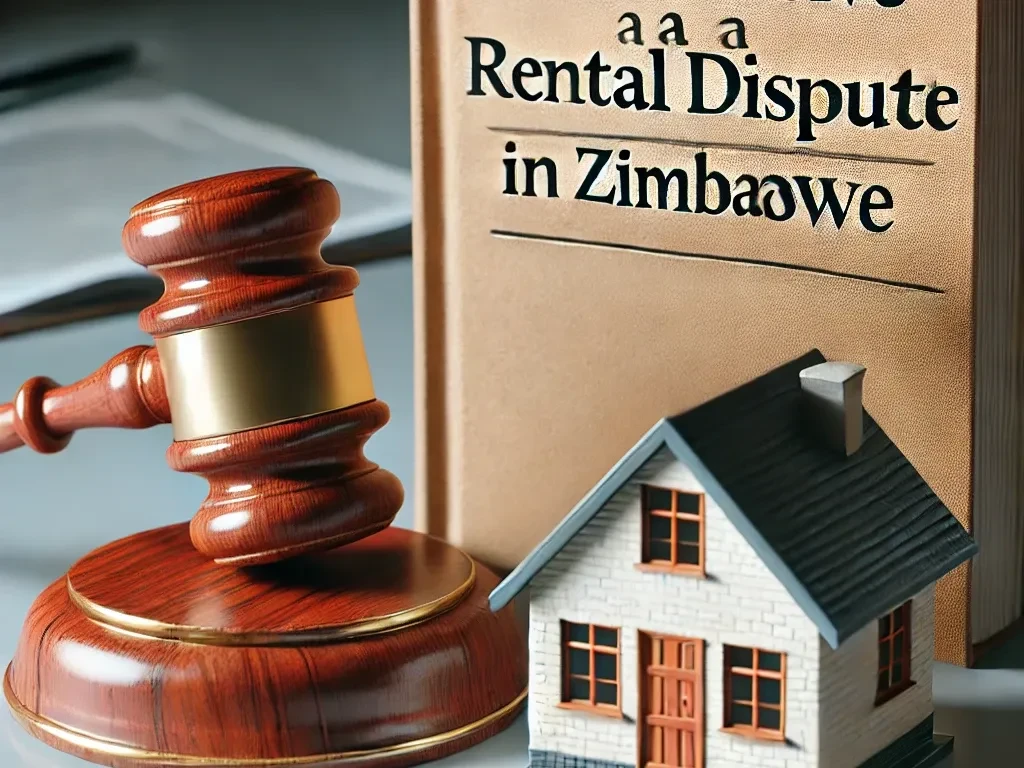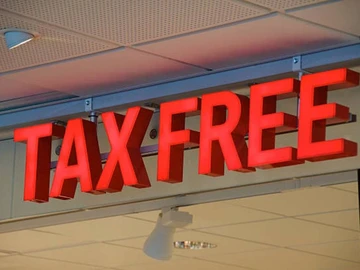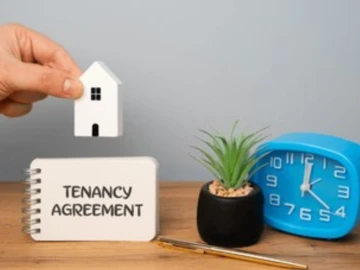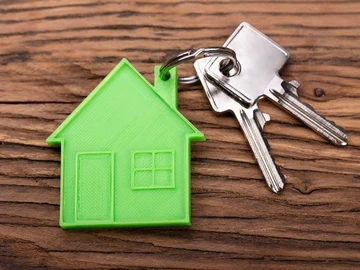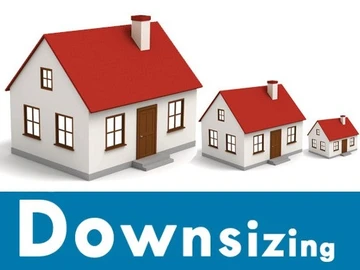Rental disputes are a common challenge in Zimbabwe’s housing market, often arising due to disagreements over rent payments, property maintenance, or tenancy agreements. Understanding the legal framework, rights, and responsibilities of both landlords and tenants can help resolve these issues effectively. In this article, we’ll explore common causes of rental disputes, the legal processes available, and practical steps to settle conflicts backed by real-life examples and statistics from Zimbabwe's rental market.
Common Causes of Rental Disputes
- Unpaid or Late Rent One of the most common rental disputes is over missed or late rent payments. Given the economic challenges in Zimbabwe, where inflation fluctuated around 51% in 2024 , many tenants struggle to meet their rental obligations. This leads to tensions between landlords and tenants.
Example: A tenant in Harare’s Avondale neighborhood was evicted for non-payment after missing three months of rent due to job loss. The case was taken to the Rent Board, where the landlord won, resulting in a lawful eviction. - Maintenance and Repairs Tenants often claim that landlords fail to address essential repairs, such as water, electricity, or plumbing issues. On the other hand, landlords may argue that tenants cause damage and refuse to pay for it. These disputes can escalate quickly without proper agreements.
Example: A tenant in Bulawayo filed a complaint with the Rent Board after her landlord refused to fix a leaking roof during the rainy season. The case was mediated, and the landlord was instructed to make repairs immediately to avoid further penalties. - Rent Increases With rising property prices, landlords frequently seek to raise rents, which may not align with tenant expectations or their ability to pay. Disagreements over how much and how quickly rent can be increased are another source of conflict.
Example: In 2023, a group of tenants in Harare’s CBD protested when their landlord increased rent by 25% overnight, citing property upgrades. After intervention from the Rent Board, the increase was reduced to a more gradual rise over six months.
Legal Framework for Resolving Rental Disputes in Zimbabwe
Zimbabwe has established legal mechanisms to handle rental disputes between landlords and tenants. These include:
- The Rent Board The Rent Board, governed by the Rent Regulations Act, plays a key role in resolving disputes related to rental increases, repairs, and tenant evictions. It provides tenants and landlords with a fair hearing and makes binding rulings on disputes.
Statistics: In 2022, the Rent Board handled approximately 2,500 cases in Harare alone, with most cases related to rent increases and failure to repair property issues. - The Tenancy Agreement A written tenancy agreement is the first line of defense in preventing disputes. It outlines the rights and responsibilities of both parties and should cover areas such as rent payment terms, repair obligations, and notice periods for termination.
Without a clear tenancy agreement, disputes are more likely to escalate, leading to legal intervention. According to a 2023 report, nearly 40% of rental properties in Zimbabwe do not have formal written agreements, increasing the likelihood of conflicts. - Mediation and Negotiation While legal channels exist, many disputes can be settled outside of court through mediation or negotiation. Mediation allows both parties to discuss the issue with the help of an impartial third party to reach a mutually acceptable agreement. This method is faster, cheaper, and less adversarial than going to court.
Steps to Solve a Rental Dispute in Zimbabwe
- Review the Tenancy Agreement The first step in resolving any rental dispute is to refer to the tenancy agreement. Both parties should ensure they understand the contract’s terms and conditions. For example, disputes over maintenance should reference the section of the agreement that outlines who is responsible for repairs.
- Attempt to Settle Privately Communication is key. Tenants should inform landlords of any grievances early, and landlords should give tenants time to address payment issues before escalating the matter. Keeping the conversation respectful and solution-focused can prevent a minor issue from becoming a full-blown dispute.
- Seek Mediation If private discussions fail, mediation is the next best step. Engaging a neutral third party, such as a legal professional or local council member, can help both parties arrive at a compromise without the need for legal proceedings.
- File a Complaint with the Rent Board When a dispute cannot be resolved privately or through mediation, tenants and landlords can file a formal complaint with the Rent Board. This option should be reserved for more severe disputes, such as wrongful eviction or illegal rent hikes.
- Legal Action If all else fails, the final step is to take legal action. Either party may seek legal advice and take the case to court for a ruling, though this can be time-consuming and costly.
Conclusion
Rental disputes in Zimbabwe are common but can often be resolved through clear communication, mediation, and recourse to the Rent Board. By understanding your rights and responsibilities as a tenant or landlord, you can prevent disputes from escalating into legal battles. As Zimbabwe’s rental market continues to evolve, tenants and landlords alike must stay informed and engaged in their agreements to foster healthier relationships.
Real-Life Tip:
Make sure your tenancy agreement is up-to-date and clearly outlines rent, maintenance responsibilities, and notice periods. According to the Zimbabwe Property Association, having a formal agreement reduces the likelihood of disputes by 60%.
Key Statistics:
- In 2022, approximately 2,500 cases were handled by the Rent Board in Harare.
- Nearly 40% of rental properties in Zimbabwe do not have formal written agreements, increasing the likelihood of disputes.
By following these steps, you can ensure a smoother rental experience in Zimbabwe, minimizing the risks of disputes and enjoying your rental property with peace of mind.
 Continue with Facebook
Continue with Facebook
 Continue with Email
Continue with Email

